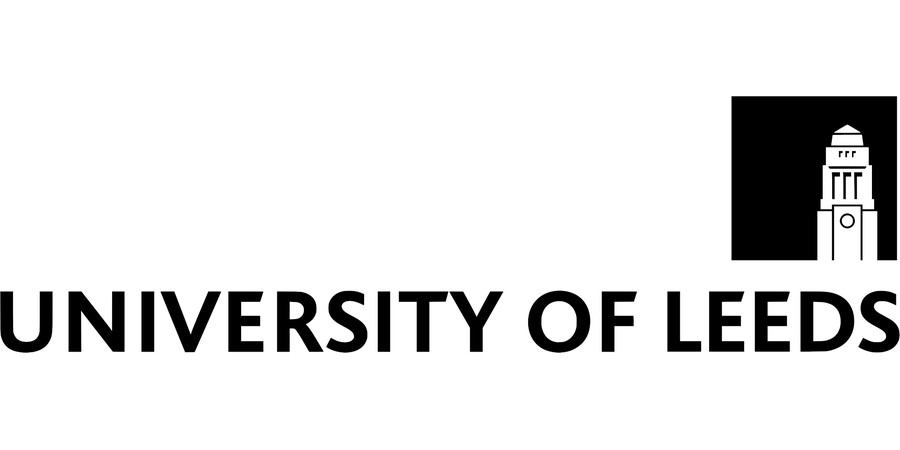PhD Studentship - Real-time Gas Sensing using Terahertz Quantum-Cascade Lasers
University of Leeds - Electronic & Electrical Engineering
| Qualification Type: | PhD |
|---|---|
| Location: | Leeds |
| Funding for: | UK Students, International Students |
| Funding amount: | £19,237 tax-free maintenance grant per year + fees |
| Hours: | Full Time |
| Placed On: | 10th October 2024 |
|---|---|
| Closes: | 31st January 2025 |
Faculty of Engineering and Physical Sciences EPSRC Project Proposals 2025/26
Project Title: Real-time gas sensing using terahertz quantum-cascade lasers
Funding: School of Electronic & Electrical Engineering Studentship consisting of the award of fees, together with a tax-free maintenance grant of £19,237 per year for 3.5 years (Competition).
Lead Supervisor’s full name & email address
Dr Alexander Valavanis: a.valavanis@leeds.ac.uk
Co-supervisor name & email address
Dr Daniel Stone: d.stone@leeds.ac.uk
Project summary
This project will develop fast detection systems to provide the first real-time gas sensing in the terahertz (THz) band of the electromagnetic spectrum.
The THz band lies between the infrared and microwave regions and represents a meeting between electronic and optical technologies. Although numerous potential applications for THz sensing exist, including atmospheric and space research, security and biomedical imaging, and industrial inspection, there has been limited practical use of THz systems outside specialised laboratories.
One key reason for this is the reliance on relatively slow thermal detectors to measure and analyse THz signals. These are inadequate for studying rapidly changing systems, such as chemical reactions. They are also highly susceptible to background thermal noise, which limits the accuracy and dynamic range of measurements. In this project, the student will develop new high-speed THz gas-sensing techniques, taking advantage of recent developments in fast THz detector technology.
They will initially demonstrate THz spectroscopy using a multi-pass optical cavity, enabling THz waves to pass many times through gases, improving sensitivity by a factor of ~100. They will integrate a fast, and sensitive TeraFET detector into this system, in collaboration with Goethe University Frankfurt, to detect and analyse rapidly changing chemical concentrations for the first time. They will then integrate an ultraviolet laser or flashlamp into the system to "trigger" photochemical reactions, and analyse the reaction processes on sub-microsecond timescales.
Please state your entry requirements plus any necessary or desired background
A first class or an upper second class British Bachelors Honours degree (or equivalent) in Engineering, Chemistry, Physics, or a related discipline and must be able to demonstrate successful experience in independent technical or scientific project work.
Subject Area
Analytical chemistry, electronic and electrical, optical physics
For full details and to apply, please click on the ‘Apply’ button above.
Advert information
Type / Role:
Subject Area(s):
Location(s):









